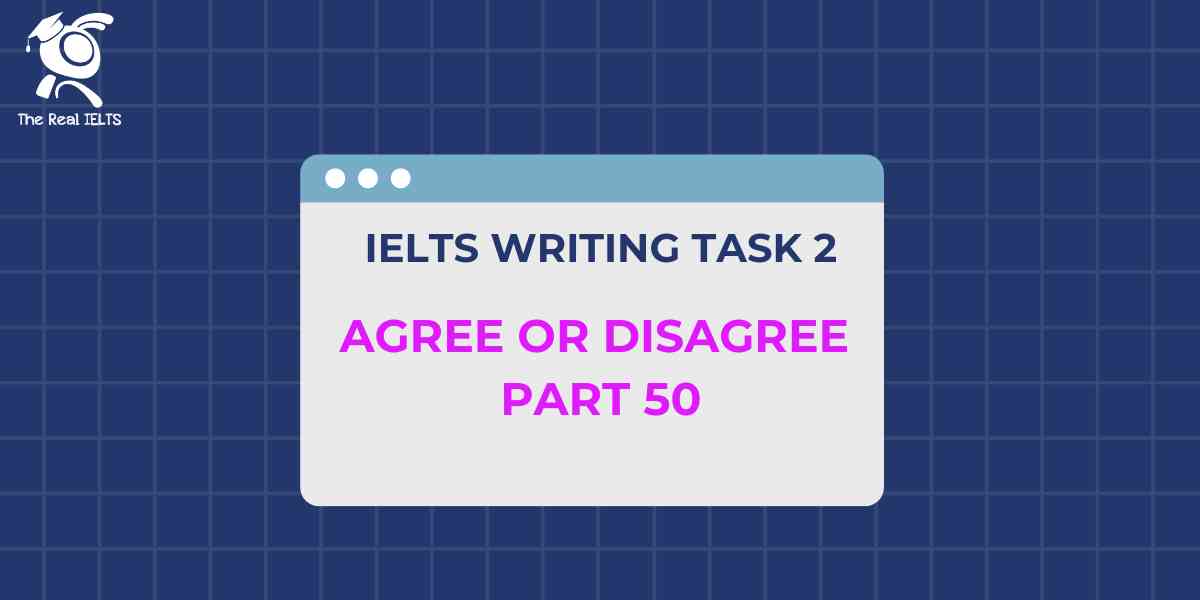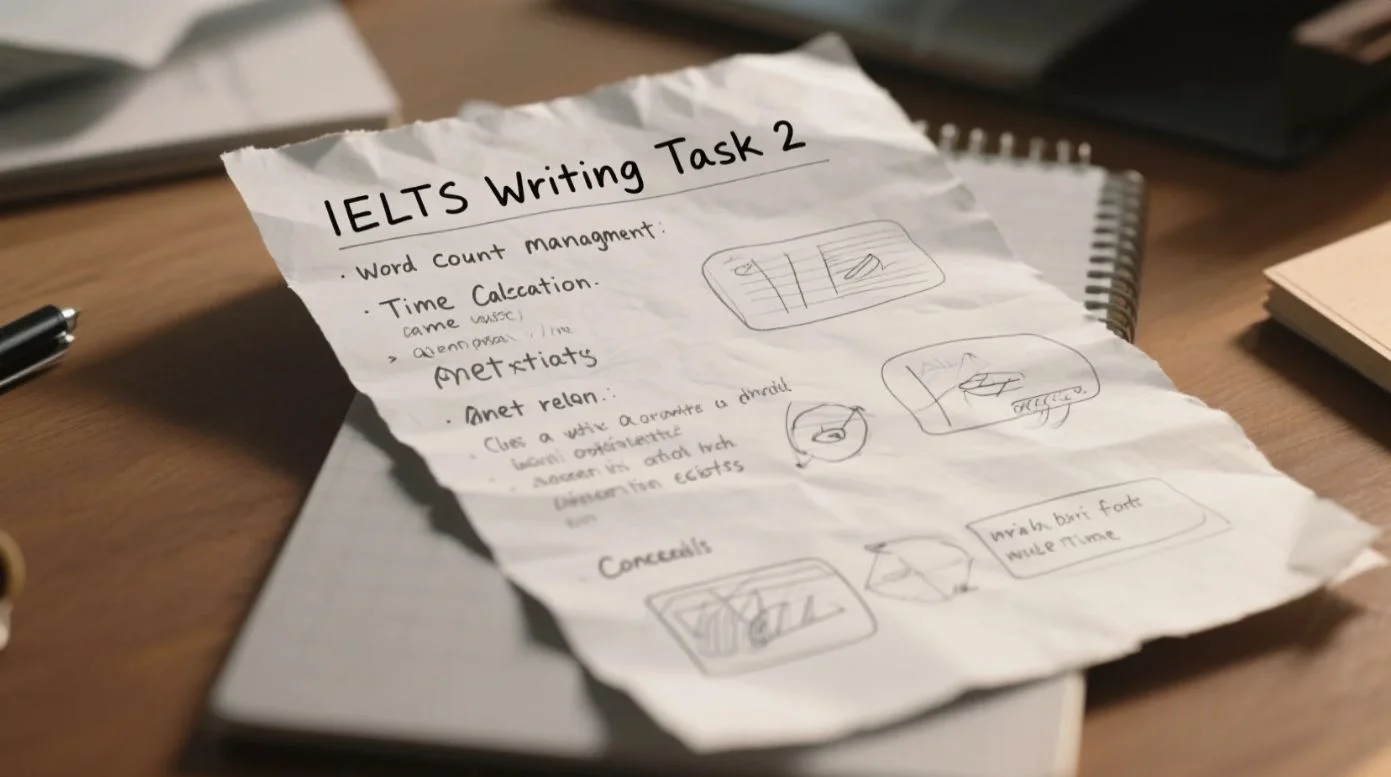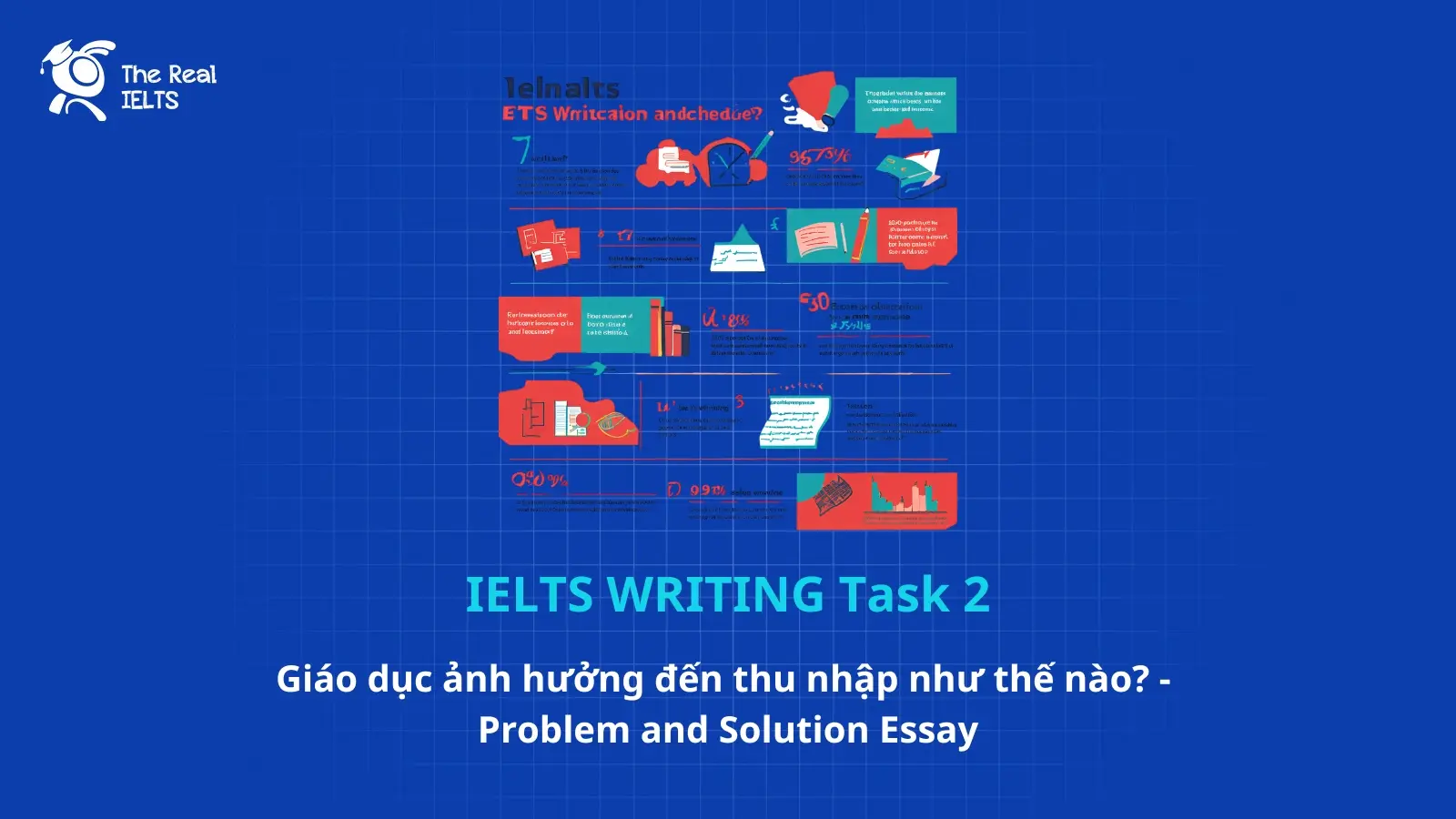Thì Hiện tại hoàn thành tiếp diễn (Present Perfect Continuous) thường được sử dụng để diễn tả hành động bắt đầu ở quá khứ và vẫn tiếp tục cho đến hiện tại hoặc để nhấn mạnh vào thời gian và sự liên tục của hành động.
Hiện tại hoàn thành tiếp diễn diễn tả hành động bắt đầu ở quá khứ và vẫn tiếp tục cho đến hiện tại:
- I have been studying English for five years.
- She has been working at the company since 2010.
- “She has been living in Paris for ten years now.”
- “They have been studying Spanish since they were in high school.”
- “He has been working at the same company for two decades.”
- “I have been playing the piano since I was a child.”
- “We have been waiting for the bus for over an hour.”
- “The dog has been barking all night.”
- “She has been teaching at the university for fifteen years.”
- “They have been renovating their house for months.”
- “He has been volunteering at the shelter every weekend.”
- “I have been practicing yoga regularly for the past five years.”
Diễn tả hành động vừa kết thúc hoặc gần đây:


- “They are tired because they have been running for hours.”
- “He is out of breath because he has been climbing stairs.”
- “She is panting heavily because she has been running for the last half an hour.”
- “They are covered in paint because they have been painting the walls all morning.”
- “He looks exhausted because he has been working on his thesis non-stop for days.”
- “The kids are giggling loudly because they have been playing outside in the rain.”
- “I’m soaked through because I have been walking in the downpour without an umbrella.”
- “The kitchen smells amazing because she has been baking cookies for the past hour.”
- “We’re all sweaty because we have been dancing at the party since it started.”
- “The car is filthy because it has been driving through muddy roads all day.”
- “His muscles are sore because he has been lifting weights at the gym.”
- “I’m famished because I have been gardening in the hot sun for hours.”
Diễn tả hành động có thời gian xác định:
- “She has been gardening all morning.”
- “We have been waiting for you since 9 o’clock.”
- She has been cooking dinner for two hours. (Cô ấy đã đang nấu bữa tối trong hai giờ.)
- We have been studying for the exam since this morning. (Chúng tôi đã đang học cho kỳ thi từ sáng nay.)
- He has been waiting for the bus for thirty minutes. (Anh ấy đã đang đợi xe buýt trong ba mươi phút.)
- They have been practicing piano since 3 p.m. (Họ đã đang luyện đàn piano từ 3 giờ chiều.)
- I have been cleaning the house all afternoon. (Tôi đã đang dọn dẹp nhà cả buổi chiều.)
- She has been knitting a sweater for her nephew since last week. (Cô ấy đã đang đan một cái áo len cho cháu trai của mình từ tuần trước.)
- He has been repairing the car since yesterday afternoon. (Anh ấy đã đang sửa chữa xe từ chiều hôm qua.)
- They have been painting the fence for two hours. (Họ đã đang sơn hàng rào trong hai giờ.)
- She has been gardening since sunrise. (Cô ấy đã đang làm vườn từ lúc bình minh.)
- I have been writing my thesis for the past month. (Tôi đã đang viết luận án của mình trong tháng qua.)
Diễn tả sự thay đổi qua thời gian:
- “The tree has been growing rapidly since we planted it.”
- “Her health has been improving since she started exercising regularly.”
- His English has been improving steadily since he started taking classes last year. (Anh ấy đã tiếp tục cải thiện tiếng Anh của mình một cách đều đặn từ khi bắt đầu học lớp vào năm ngoái.)
- The weather has been getting colder as winter approaches. (Thời tiết đã trở nên lạnh hơn khi mùa đông đang đến gần.)
- She has been feeling happier since she changed her job. (Cô ấy đã cảm thấy hạnh phúc hơn từ khi cô ấy thay đổi công việc.)
- The traffic in the city has been worsening over the past few years. (Giao thông trong thành phố đã trở nên tồi tệ hơn trong vài năm qua.)
- His health has been deteriorating since he stopped exercising regularly. (Sức khỏe của anh ấy đã suy giảm từ khi anh ấy ngừng tập thể dục đều đặn.)
- The company’s profits have been increasing steadily since the new CEO took over. (Lợi nhuận của công ty đã tăng đều đặn từ khi CEO mới tiếp quản.)
- The pollution levels in the river have been rising due to industrial waste. (Mức độ ô nhiễm trong sông đã tăng do chất thải công nghiệp.)
- His confidence has been growing ever since he started public speaking classes. (Sự tự tin của anh ấy đã tăng lên kể từ khi anh ấy bắt đầu học lớp nói trước công chúng.)
- The construction of the new bridge has been progressing slowly due to bad weather conditions. (Việc xây dựng cây cầu mới đã tiến triển chậm do điều kiện thời tiết xấu.)
- The quality of education in the school has been declining over the past few years. (Chất lượng giáo dục trong trường đã giảm xuống trong vài năm qua.)
Diễn tả sự nhấn mạnh vào sự liên tục của hành động:
- “He has been playing the guitar for hours without a break.”
- “They have been arguing since they arrived.”
- “She has been practicing piano every single day for the past year.”
- “He has been studying Japanese tirelessly since he enrolled in the course.”
- “They have been renovating their house non-stop for the past month.”
- “The students have been working on their group project tirelessly for weeks.”
- “I have been exercising regularly, hitting the gym five days a week.”
- “She has been volunteering at the shelter consistently for the past six months.”
- “He has been researching for his thesis day and night.”
- “They have been saving money diligently for their dream vacation.”
- “She has been perfecting her baking skills, trying out new recipes every week.”
- “He has been meditating daily to reduce stress and improve mental clarity.”
Diễn tả tình trạng không chắc chắn hoặc phức tạp:
- “I have been feeling a bit under the weather lately.”
- “She has been experiencing some difficulties in her personal life.”
- “She has been feeling a bit uneasy about the upcoming exam.”
- “He has been experiencing intermittent pain in his lower back.”
- “They have been having mixed feelings about their decision to move abroad.”
- “Lately, I’ve been having trouble sleeping at night.”
- “The project has been facing some unexpected challenges along the way.”
- “We’ve been encountering difficulties in understanding the new software.”
- “She’s been grappling with conflicting emotions regarding her career choices.”
- “I’ve been having second thoughts about buying that expensive car.”
- “They have been struggling to maintain a work-life balance.”
- “Recently, he’s been feeling a sense of uncertainty about his future plans.”
Diễn tả sự phê phán (thường với từ “always”):


- “He has always been interrupting me when I’m speaking.”
- “She has always been complaining about her job.”
- She has always been interrupting me when I’m speaking, and it’s quite frustrating.
- He has always been criticizing my work, even though he’s not perfect himself.
- They have always been complaining about the noise from the neighbors.
- My boss has always been micromanaging every aspect of the project.
- She has always been belittling my achievements, which makes me feel demotivated.
- He has always been making excuses for not completing his tasks on time.
- They have always been arriving late to meetings, which disrupts our schedule.
- My parents have always been nagging me about my career choices.
- She has always been questioning my decisions without offering any constructive feedback.
- He has always been doubting my abilities, despite my proven track record.
Diễn tả hành động lặp đi lặp lại (thường với từ “constantly”):


- “He has been constantly checking his phone during the meeting.”
- “She has been constantly talking about her vacation plans.”
- She has been constantly checking her watch during the exam, making the other students nervous.
- He has been constantly interrupting the teacher during the lecture, disrupting the flow of the class.
- The children have been constantly fighting over the toy, causing a lot of noise in the house.
- She has been constantly complaining about her workload, but she never takes any steps to reduce it.
- He has been constantly sniffling and coughing in the office, making everyone worried that he might be sick.
- They have been constantly arguing about which movie to watch, unable to come to a decision.
- The neighbors have been constantly playing loud music late into the night, disturbing the entire neighborhood.
- She has been constantly texting on her phone during dinner, ignoring the conversation at the table.
- He has been constantly procrastinating on his assignments, causing him to fall behind in his studies.
- The dog has been constantly barking at the mailman every morning, despite being scolded several times.
- “constantly”:
- She has constantly been texting me all day.
- They have constantly been arguing lately.
- He has constantly been asking for a raise.
- We have constantly been updating the system.
- I have constantly been hearing about that issue.
- She has constantly been cleaning the house.
- They have constantly been changing their minds.
- He has constantly been complaining about his job.
- I have constantly been losing my keys.
- We have constantly been improving our skills.
- She has constantly been calling her friend.
- He has constantly been forgetting his homework.
- They have constantly been arriving late to meetings.
- I have constantly been looking for my phone.
- She has constantly been thinking about her future.
- They have constantly been practicing for the match.
- He has constantly been playing video games.
- We have constantly been working overtime.
- She has constantly been borrowing my books.
- They have constantly been making the same mistakes.
- He has constantly been correcting everyone.
- I have constantly been trying to reach you.
- She has constantly been organizing events.
- They have constantly been discussing the same topic.
- He has constantly been interrupting our conversations.
- We have constantly been fixing the errors.
- She has constantly been asking for advice.
- I have constantly been thinking about that movie.
- He has constantly been improving his cooking skills.
- They have constantly been making noise next door.
- She has constantly been posting on social media.
- He has constantly been forgetting his glasses.
- I have constantly been revising my notes.
- They have constantly been canceling plans.
- We have constantly been revisiting the same problems.
- She has constantly been baking cakes.
- He has constantly been playing the guitar.
- I have constantly been preparing for the exam.
- They have constantly been sending emails.
- We have constantly been planning our trip.
- She has constantly been learning new things.
- He has constantly been telling the same joke.
- I have constantly been misplacing my wallet.
- They have constantly been working on their project.
- We have constantly been adjusting the settings.
- She has constantly been singing that song.
- He has constantly been fixing his car.
- I have constantly been changing my passwords.
- They have constantly been trying new recipes.
- We have constantly been solving puzzles.
- She has constantly been knitting scarves.
- He has constantly been checking his phone.
- I have constantly been forgetting important dates.
- They have constantly been reorganizing their office.
- We have constantly been redecorating the house.
- She has constantly been drawing sketches.
- He has constantly been playing basketball.
- I have constantly been studying English grammar.
- They have constantly been meeting new clients.
- We have constantly been monitoring the situation.
- She has constantly been improving her painting.
- He has constantly been buying new gadgets.
- I have constantly been revising my essay.
- They have constantly been updating the software.
- We have constantly been adjusting our strategy.
- She has constantly been watering the plants.
- He has constantly been researching new technologies.
- I have constantly been checking my emails.
- They have constantly been ordering food online.
- We have constantly been revising our plans.
- She has constantly been following new trends.
- He has constantly been exercising at the gym.
- I have constantly been reading the same book.
- They have constantly been traveling for work.
- We have constantly been fine-tuning the machine.
- She has constantly been making phone calls.
- He has constantly been organizing his files.
- I have constantly been losing important documents.
- They have constantly been changing their schedule.
- We have constantly been troubleshooting the issue.
- She has constantly been applying for jobs.
- He has constantly been asking for help.
- I have constantly been taking notes.
- They have constantly been preparing reports.
- We have constantly been following the same routine.
- She has constantly been writing in her journal.
- He has constantly been practicing the piano.
- I have constantly been forgetting to charge my phone.
- They have constantly been cleaning their apartment.
- We have constantly been reviewing the documents.
- She has constantly been searching for her keys.
- He has constantly been checking the stock market.
- I have constantly been learning new vocabulary.
- They have constantly been attending meetings.
- We have constantly been organizing team activities.
- She has constantly been teaching online classes.
- He has constantly been improving his speaking skills.
- I have constantly been updating my resume.
- They have constantly been discussing business deals.
- We have constantly been working on our communication skills.
Thì hiện tại hoàn thành tiếp diễn không hề đơn giản. Nó rất hay nhầm với thì hiện tại khác. Các bạn hãy cẩn thận đọc kỹ lại các thì khác tại đây: Chia động từ trong tiếng Anh như thế nào?















